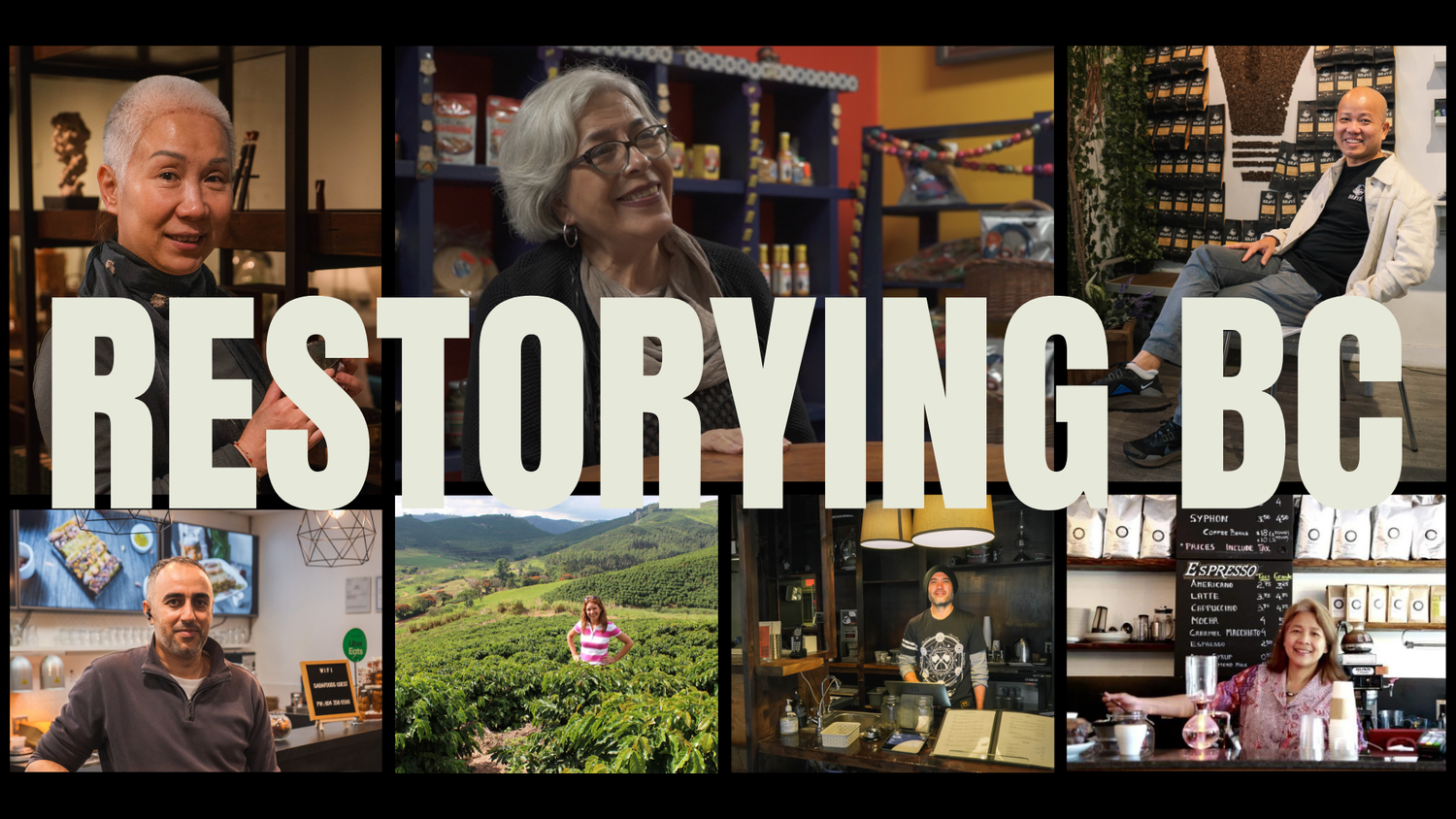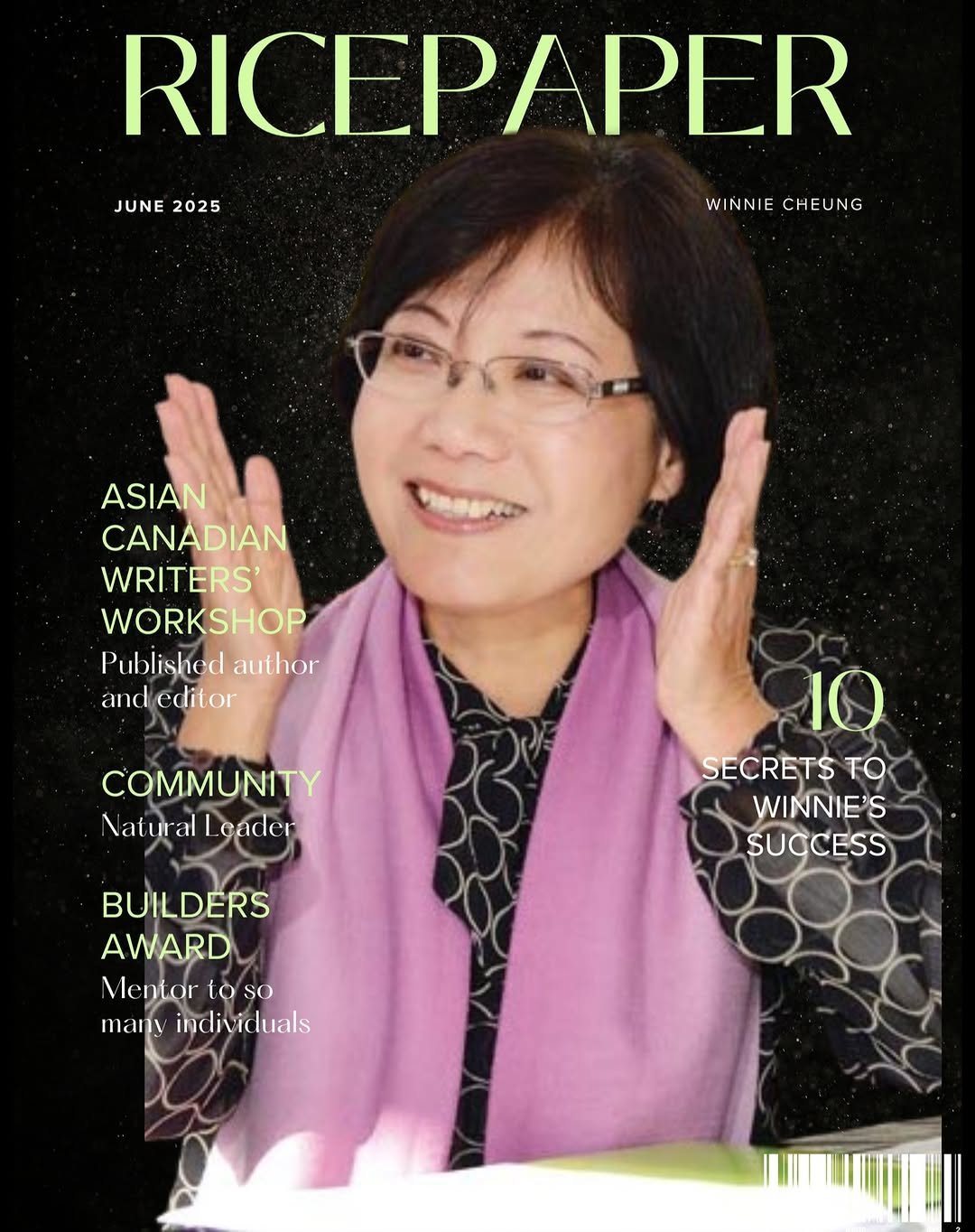
Pacific Canada Heritage Centre
Learn more about how the PCHC-MoM Society is preserving Canada’s history through the stories of trans-Pacific migration.
Who We Are
The Pacific Canada Heritage Centre – Museum of Migration (PCHC - MoM) Society is a charitable non-profit society incorporated in 2011 to build a wider and improved understanding of Canada’s history and growth through intercultural explorations of historic and current trans-Pacific immigration.
A Collective of Migrant Stories
“Restorying BC” is a collection of 25 stories of migration and immigrant heritage that reflect BC’s increasingly diverse population. We gratefully acknowledge the financial support of the Province of British Columbia through the 150 Time Immemorial Grant Program.
News
Stories

Discover Our Programs
Join our interactive workshops that explore the rich, diverse histories of trans-Pacific migration to Canada. Engage with hands-on activities, learn from experts, and connect with community members. Each session offers a unique opportunity to deepen your understanding of multicultural heritage and its ongoing impact on Canadian society.
















